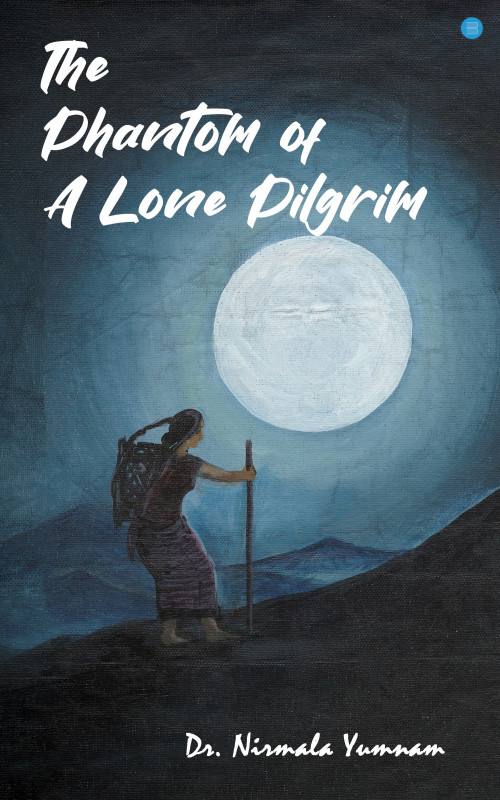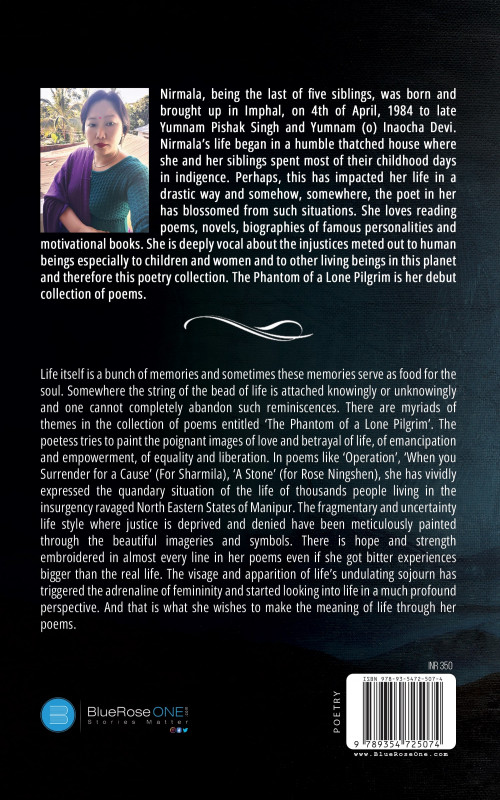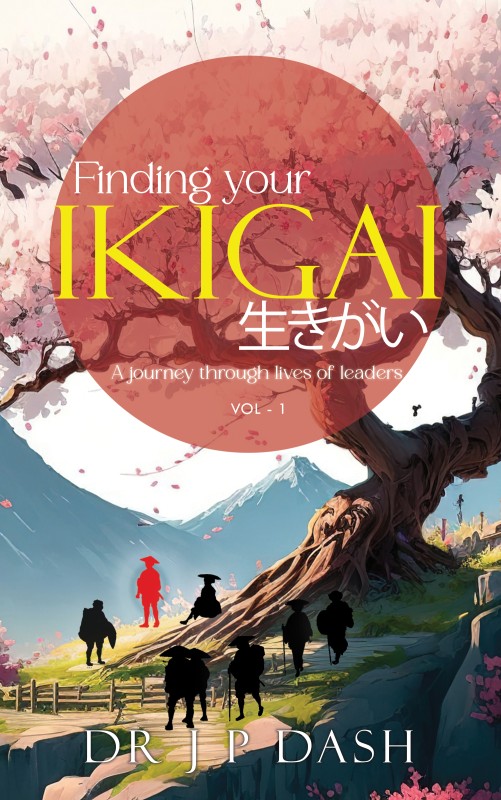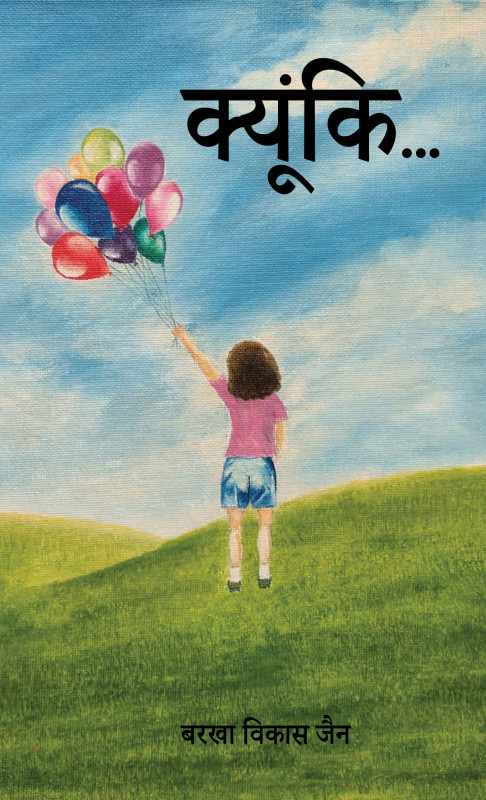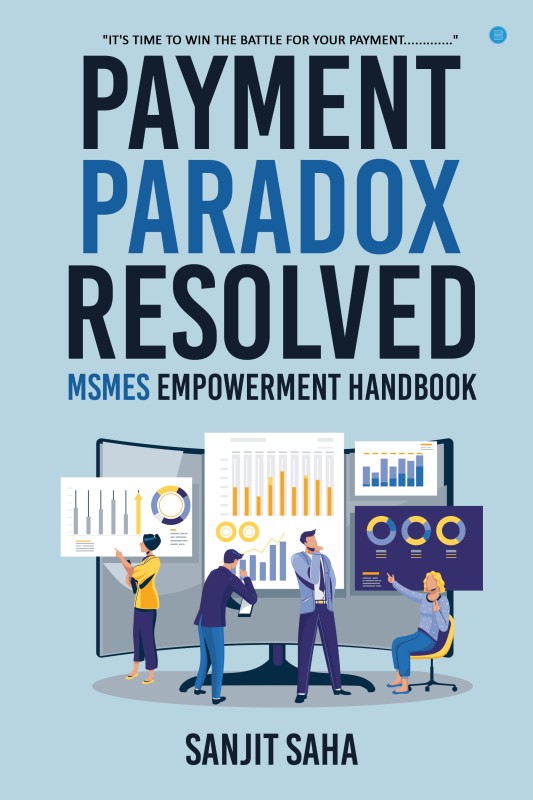The Phantom of a Lone Pilgrim
by Dr. Nirmala Yumnam | 24-Jun-2022
(0)
This beautifully written book of poems showcases the sum of the poet's nuances of life which she learns and experiences in the journey of her life, indeed, in the journey of every woman being. Since the days of childhood till the days of womanhood...
Original
Books
Fastest
Delivery
7-day
Replacement
Book Details
- Language : English
- Pages : 76
- ISBN : 9789354725074
- Genre: POETRY
- Size : 5" x 8"
- Binding Type : PAPERBACK
- Age Group: + Years
- Paper Type : NATURAL SHADE
- Interior : BLACK & WHITE
- Cover : GLOSS FINISH
- Book Type : PAPERBACK
- Tags : The Phantom of a Lone Pilgrim,Poetry
-
Best Sellers Rank :
#59 in Poetry
#255 in Global
Reviews
There are no reviews for this product yet.

 USD
($)
USD
($) AUD
($)
AUD
($) CAD
($)
CAD
($) EUR
(€)
EUR
(€) HKD
($)
HKD
($) MYR
(RM)
MYR
(RM) GBP
(£)
GBP
(£) SGD
($)
SGD
($)
